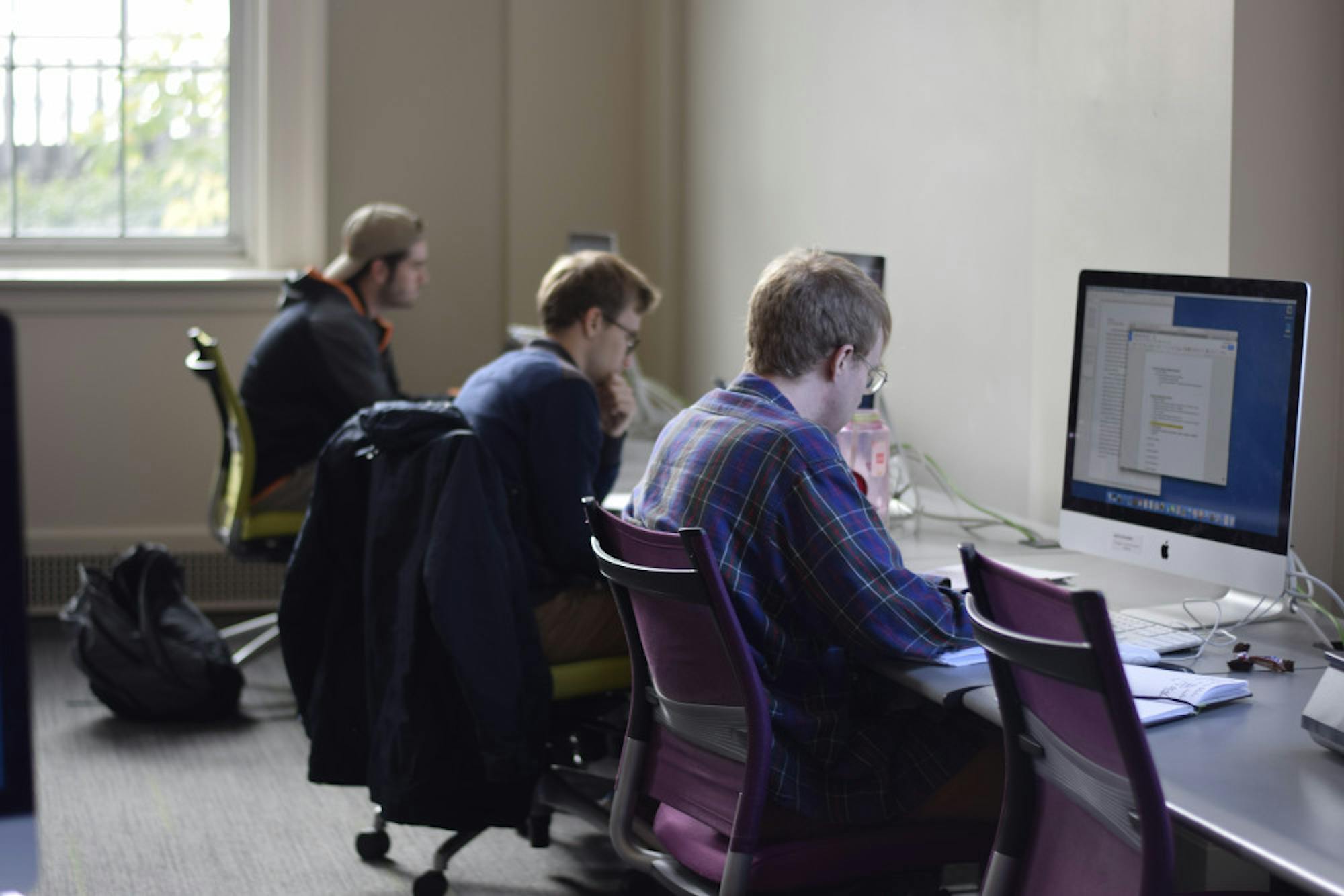This fall, Tufts Technology Services (TTS) has launched the Virtual Desktop Infrastructure (VDI), a program that allows students to remotely access software that was previously only available in Eaton Lab.
Christine Fitzgerald, manager of service marketing and communication for TTS, said that the VDI can be accessed by going to https://vdi.it.tufts.edu. From there, students can choose to download the program directly onto their desktops or access it through the online portal, using their university credentials.
Fitzgerald said there are over 55 programs available to students through the VDI. Some of these programs include ArcGIS, Mathematica, Java, Stata and SPSS.
George Moore, manager of enterprise systems and services at Tufts University, explained that TTS had to identify which software could be included in the VDI without violating licensing restrictions.
“This was mostly an effort in checking with the software vendors and working with our Contracts team to make sure we weren’t in violation of any of the licensing restrictions,” Moore told the Daily in an email. “Unfortunately, some vendors have conditions on when or how their software may be used and we wanted to make sure we abide by those conditions."
According to Fitzgerald, the VDI is currently available for use by students in the School of Arts and Sciences and School of Engineering, and TTS is working on expanding to students at the Boston and Grafton campuses.
Fitzgerald predicted that the VDI would be beneficial to both students and the university.
“In the long run, it’s saving students time and money,” she said. “Over time, if we virtualize a lot of the software, it’s also going to save the university time and money because you don’t have to have as many licenses for it.”
Although TTS has previously created similar programs to meet the needs of specific groups, this is the first program that will make so much software broadly available to students according to Moore.
“The virtual lab makes it easier for both students and teachers to use some of this expensive software in classrooms,” he said. “It eliminates issues with PC/Mac compatibility and helps reduce situations where issues with student’s personal computers disrupt classroom activities.”
Moore added that feedback has been positive so far, with some users requesting additional software to be added to the VDI. Moore noted that TTS is working on responding to these requests.
Senior IT Client Support Specialist Anthony Ranzino, who works in the computer lab in Eaton Hall, said he has received positive feedback from students who accessed software remotely. Ranzino predicted that the introduction of the VDI would lead to fewer people using the computer labs, as students will be able to use the software in any place where they have an Internet connection.
“The benefits of accessing software from anywhere you have internet is super helpful to a student and makes completing assignments or studying that much easier and at their finger tips,” Ranzino said.






